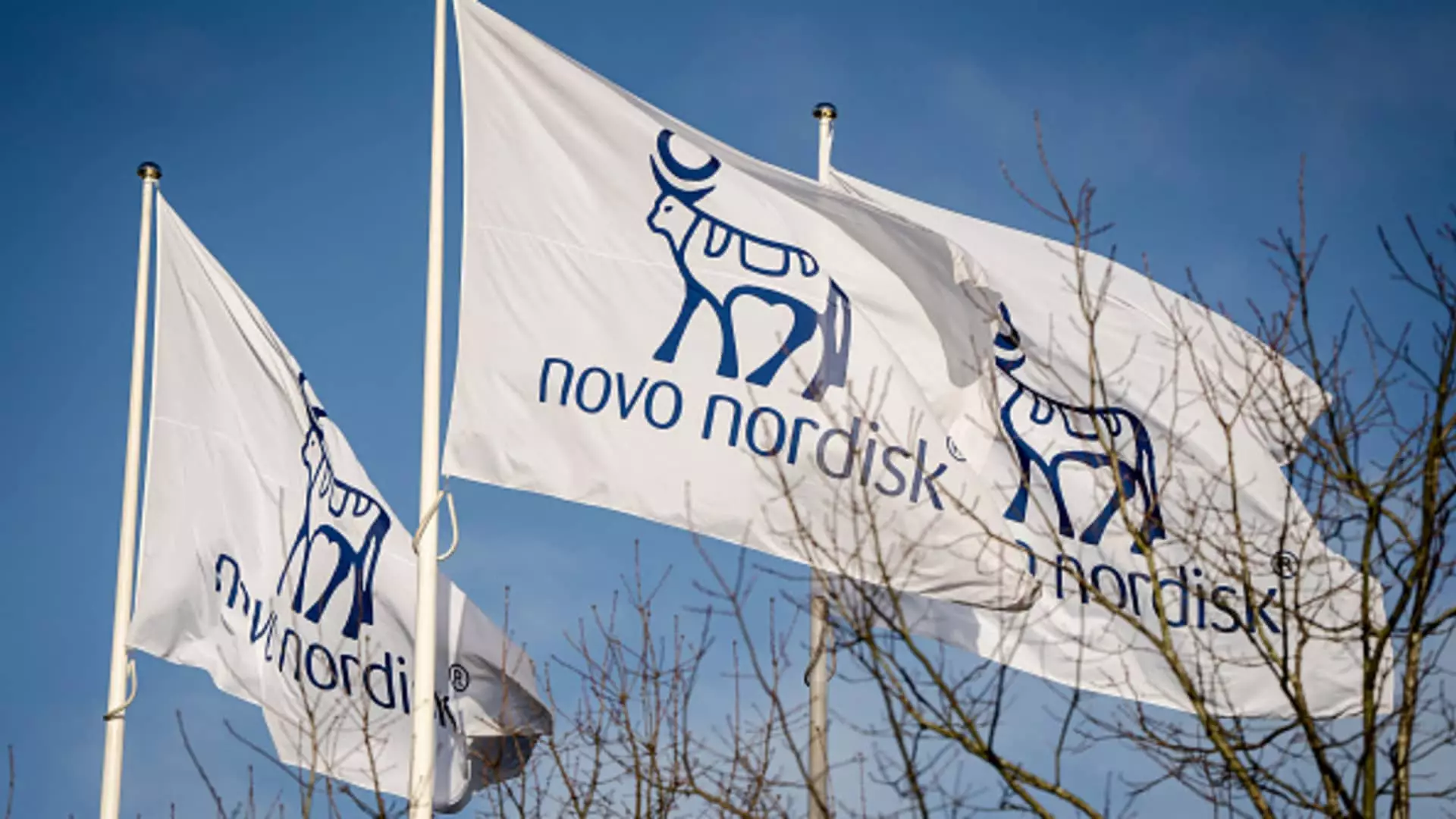In a dramatic legal development, Novo Nordisk has achieved a resounding victory that may alter the distribution and availability of its high-demand products, Ozempic and Wegovy. A Texas federal judge recently ruled against compounding pharmacies attempting to sell cheaper versions of these medications, reinforcing the explicit guidelines set forth by the FDA. At first glance, this decision strengthens the hand of corporate pharmaceutical giants, but it encompasses deeper implications for patient access, public health, and individual rights. The ramifications of this ruling touch on vital segments of American healthcare—culminating in a broader discussion around the ethics of drug pricing and accessibility.
The Chaos of Compounding Pharmacies
During the COVID-19 pandemic, compounded versions of drugs surged as patients sought alternatives in the face of minimal insurance coverage and overwhelming demand for established treatments like Wegovy and Ozempic. Compounding pharmacies filled this gap by producing their own versions of semaglutide, the active ingredient in these breakthrough therapies. However, this practice opens a Pandora’s box of concerns that many choose to overlook. While it is tempting to champion these cheaper alternatives, we must critically examine the quality and safety of such unregulated medicines. The FDA’s initial declaration of a drug shortage may have sounded like an invitation to innovate, but it inadvertently led to a chaotic market landscape where patient safety became a secondary priority.
The Moral Dilemma of Access
What resonates most in this legal saga is the ethical struggle surrounding patient access to essential medication. Nonchalantly, critics of Novo Nordisk’s legal maneuvers cite “big pharma” greed and a disregard for consumers. However, the notion that pharmacies should profit from unlawfully compounding unapproved medications raises serious ethical questions. When we allow pharmacies to take shortcuts in medication production, we sacrifice patient safety on the altar of perceived affordability. Additionally, the current regulatory framework includes provisions for legitimate compounded medicine, specifically crafted for individual patients under a doctor’s guidance. While this is indeed a vital service, it should not excuse the rampant exploitation of a grey area that legislators need to urgently address.
Navigating the Regulatory Maze
The judicial outcomes have reaffirmed the FDA’s authority in managing drug shortages, impacting not only Novo Nordisk but also competitors like Eli Lilly, who have engaged in similar legal battles over their own medications. The recent rulings have sent a clear signal that both the judicial system and the FDA aim to safeguard public health. By following protocols and prioritizing approved drugs, the agency reinforces a standard that seeks quality over cost in treatment. Yet the question remains: how do we balance regulatory measures with the imminent need for accessible healthcare solutions?
As part of the FDA’s renewed stance, the agency reinforced its right to identify and shut down so-called 503A and 503B pharmacies engaging in unregulated compounding of semaglutide. This administrative push carries the implications of illegal seizures and injunctions. Such actions could lead to unintended consequences, particularly if they further exacerbate the already delicate accessibility to weight-loss drugs and diabetes treatments in a marketplace still reeling from pandemic-induced deficiencies.
The Imperative of Patient Safety
Above all, the most compelling argument in favor of Novo Nordisk’s legal achievements is the unwavering focus on patient safety. Steve Benz, the company’s general counsel, underscored this priority in his statement following the court ruling. The legal scrutiny put forth is not merely a capitalist maneuver but rather a necessary approach to combat the dangers posed by illegitimate compounds that lack FDA approval. Consumers deserve medications that have undergone rigorous testing and evaluation, ensuring efficacy and safety.
In a healthcare market rife with deception and opportunism, it’s crucial that we foster a culture of transparency, aligning business incentives with patient well-being. The legal actions taken by Novo Nordisk, rather than being painted as a power grab, should be viewed through the lens of corporate responsibility—a recognition that every drug sold carries an ethical obligation to ensure it meets established safety standards.
This legal victory might seem like a narrow win for a corporate titan; however, it more importantly signals a commitment to preserving the integrity of the pharmaceutical industry and championing patient health in a tumultuous marketplace. It unveils the critical need to navigate the balance between ensuring affordable medications and safeguarding public health efficiently and responsibly.

